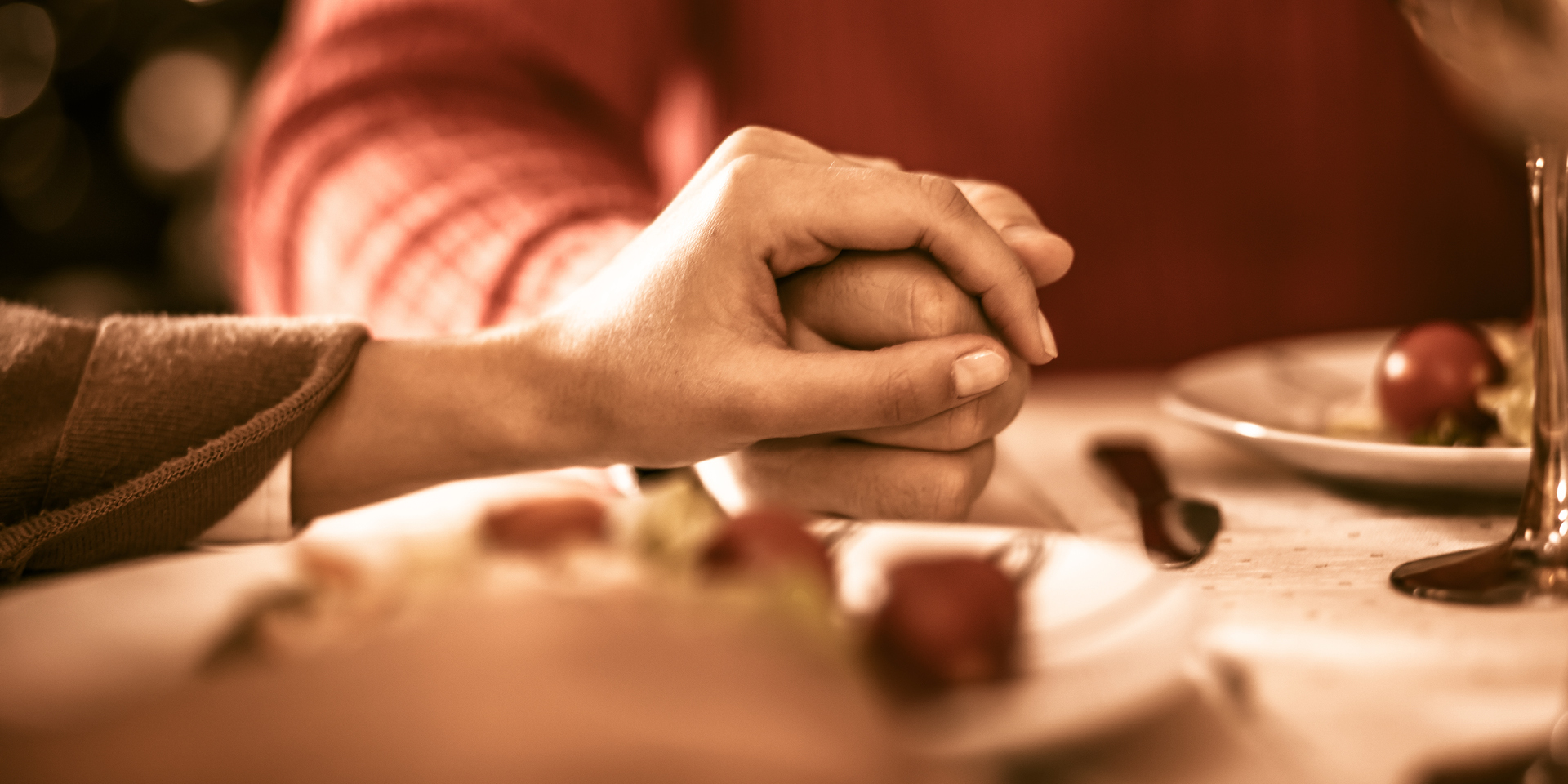If you’ve recently lost a loved one, you might be bracing for the holidays. Thinking of spending that time without your loved one can feel daunting, to say the least. But having some knowledge of grief and how to process it may help you traverse this challenging time.
Know Grief Is Complicated
It’s not surprising that the first year of loss is the most difficult because of all of the “firsts” without your loved one. This is especially true at the holidays. But understand that there is no timetable for grief because it’s so complex, says Celia M.R. Blum, MSW, LSW, Doylestown Health Hospice bereavement coordinator. The second year can be equally difficult, yet different, she adds. Part of the reason is that death is only one dimension of the loss and the finality tends to sink in over time.
“When we look at loss, we don’t just lose the person. We lose all of the things that we associate with that person and our routine; the predictability that we had with that person is all thrown to the wind,” Celia says.
What makes the holidays so challenging is that you can’t get away from the holidays and your memories associated with them. Still, there are steps you can take to manage your way (and your feelings) through the holiday season.
Lean In
If it’s a new loss, one of the best things to do is “lean into the loss.” This means remaining open to the loss, regardless of how painful it is, versus tensing up and fighting those feelings, according to Celia.
“It’s really taking that deep breath and saying, ‘Okay, this is going to be a hell of year and it’s going to be a really hard holiday. I know this is going to be difficult,’” she explains. This limits some of the surprise that comes with grief — making it somewhat more manageable.
Honor the Individual
Another way to help process grief at the holidays is by honoring the individual who passed, also known as engaging in rituals of remembrance. “These are opportunities to honor and remember our loved ones at any time of year, but can be especially helpful during the holidays,” says Celia. “When we have rituals of remembrance that remind us of our loved one, it keeps us connected.”
These rituals might include sharing memories or funny stories of the loved one during the holidays or explaining what you’re grateful for that you learned from him or her. Other rituals could include lighting a candle or making a toast in his or her honor at a holiday meal. They also might include serving that individual’s favorite drink or dessert.
“It’s okay to say my mom’s favorite dessert was strawberry shortcake and that’s what we’re going to have for our dessert at Christmas,” Celia notes. “That brings her right into the room.”
Other ways to honor loved ones can include placing an extra chair at the holiday table or even wearing their favorite piece of jewelry.
Remember Yourself
It’s easy to get wrapped up into what others want during the holidays, but when you’re grieving, that pressure it can seem insurmountable. For this reason, it’s important to take care of yourself, known as self-care. Take a break and a breath and think about what brings you peace, joy and/or pleasure to help get you through this time, says Celia. This could mean going on a walk, getting a massage, taking a ride, exercising, spending time with friends or a beloved pet, gardening, listening to music or engaging in meditation or prayer.
“Anything that allows you to have a bit of peace, a bit of relaxation and a break from the strain is what I would say are components of self-care and essential to healthy grieving,” she explains.
It’s important to note that everyone manages grief differently and that could mean not acknowledging the holidays the traditional way, especially the first year, notes Celia. She tells of a family who went away the first holiday season because it was too painful for them to be in their home. Another family renamed the holidays in a lighthearted way to alleviate the emotional pressure that comes with them.
“For some people, self-care is creating a new beginning and new memories… and creating new memories is healthy,” Celia says. “Still, there’s no one way or right way to do this. Think about what works best for you and for your family for this year. It’s important to take every year differently because how you feel the first year is not what you will feel in years ahead. And you can reevaluate your plans and intentions every year.”
To learn more about helping yourself cope with loss, Celia is conducting an hour-long, virtual seminar, “Coping with the Holidays,” on Thursday, Nov. 18, 2021, at 5pm.
- For more information on Doylestown Health bereavement support programs and services or to register for the seminar, call 215.345.2079 or email Cassie.Portock@PennMedicine.upenn.edu .
About Doylestown Health
Doylestown Health is a comprehensive healthcare system of inpatient, outpatient, and wellness education services connected to meet the health needs of the local and regional community. The flagship of Doylestown Health is Doylestown Hospital, a not-for-profit, community teaching hospital with 245 beds and a medical staff of more than 600 providers who deliver the highest quality care in over 50 specialties. Renowned locally, regionally, and nationally, Doylestown Hospital provides superior healthcare and offers advanced surgical procedures, innovative medical treatments, and comprehensive specialty services. Serving Bucks County for over 100 years, Doylestown Hospital is proud to educate and train the next generation of physicians through its family medicine residency program. Ranked as one of the World’s Best Hospitals by Newsweek and 9th in Pennsylvania, Doylestown Hospital is distinguished in both infection prevention and patient experience. Doylestown Hospital is the only hospital in Pennsylvania to achieve 18 consecutive ‘A’ grades for patient safety from Leapfrog Hospital Safety Grade. Learn more at doylestownhealth.org.
